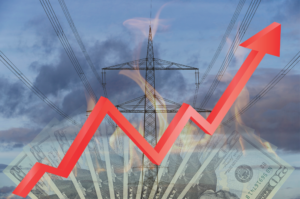When Your Electric Bill Soars, It’s the Poles and Wires
If your monthly electric bill has been creeping upward, and let’s be honest, some of us feel like we’re paying through the nose, you’re not imagining it. The real culprit is not electricity itself. Instead, the pressure is coming from the infrastructure that brings electricity to your home.
What’s Really Driving Up Your Bill?
A recent conversation between energy advocate Charles Hua of PowerLines and Doug Lewin nails it: Rising costs in transmission and distribution (T&D) – the poles, wires, substations, and local grid elements that deliver power – have hit ratepayers hardest.
Think of it this way: Wholesale prices for electricity have stayed level over the past 15 years, yet retail rates have climbed, from around 12¢ per kilowatt-hour to 16–17¢. That disconnect is the markup for utilities’ infrastructure spending that has been happening behind the scenes.
Why Is This Happening?
One of the biggest reasons is the perverse incentive of traditional regulation. Utilities earn returns on their capital spending, not operational savings. That naturally biases towards big, expensive grid projects, even when cheaper, smarter solutions exist.
What Can Be Done Without Breaking the Bank?
Though the situation sounds grim, there is a commonsense solution available:
Fix the Incentives
Instead of earning profits only on CapEx, utilities should be spurred to deliver affordability and reliability. Transparency and public planning, especially around electricity distribution, can open the door to better alternatives.
It’s About Justice & Sense
At the end of the day, your electric bill shouldn’t go up because the cost to build a new substation looks good on the utility’s ledger. Through smarter regulation, consumer-friendly planning, and local innovation, we don’t have to just manage prices; we can hold them in check.
If you’re tired of feeling powerless over runaway utility costs, here’s a thought: the grid might be expensive, but the reforms we need are rooted in common sense.



